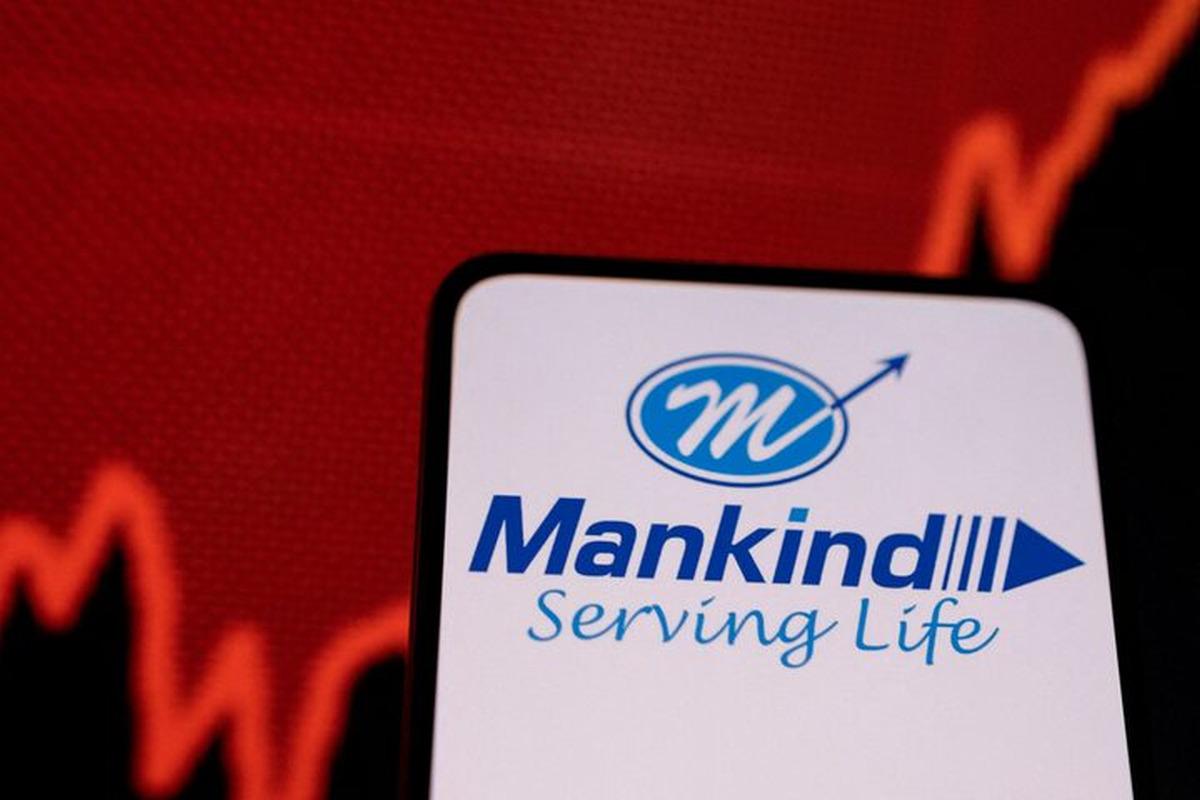Delhi-based pharma major Mankind Pharma on Wednesday announced a collaboration with OpenAI to institutionalise artificial intelligence (AI) across its value chain, making it one of the first few Indian pharmaceutical companies to fully integrate advanced AI into its core operations.

Illustration: Dado Ruvic/Reuters
As part of the collaboration, Mankind will integrate OpenAI Enterprise across multiple functions, including field force enablement, digital marketing, research and development (R&D), manufacturing, and medical affairs.
“GPT-powered dashboards will be used to provide real-time, data-driven insights across R&D, supply chain and commercial operations,” a company executive told Business Standard.
People in the know added that the collaboration has been envisioned for a “long time”, with no specific timeframe discussed.
For advanced clinical intelligence, the partnership aims to help in streamlining literature reviews and real-time insights from clinical and genomic data, propelling scientific discovery forward.
This comes even as global trends are being seen with leading pharma companies embracing AI across drug discovery, clinical trials, manufacturing, and patient engagement, with drugmakers like Merck and Pfizer already harnessing Gen AI.
While Merck utilises its proprietary platform AIDDISON for drug discovery, Pfizer employs Gen AI-powered chatbots to deliver personalised messages to clinical trial participants.
Commenting on the same, Arjun Juneja, chief operating officer at Mankind Pharma, said that AI is no longer optional, but a strategic enabler.
“With this collaboration, Mankind is signalling that Indian pharma too is ready to compete on innovation and digital leadership, not just scale and cost,” he told Business Standard.
The move also comes at a time when several Indian drugmakers have been looking to invest more into R&D and diversify offerings into novel therapies, biosimilars and complex generics.
According to a recent report by EY, leveraging Gen AI’s potential could lower early-stage drug development costs by 25 to 50 per cent and accelerate failure identification, helping Indian firms go beyond generics.
“In India, the expansion of biotech incubators and pharma startups is anticipated to play a pivotal role in propelling the growth of the Indian biopharma industry.
“Indian companies have increasingly started experimenting with Large Language Models (LLMs) and Gen AI applications in R&D, highly targeted therapies, and operational efficiency improvement,” the report added.
Since July 2025, Mankind Pharma has deployed a wide range of customised GPTs across its workforce, notably enhancing the effectiveness of sales and marketing teams.
“These AI tools are sharpening messaging, enabling faster multilingual communication, strengthening demand planning, improving procurement, and enhancing commercial operations,” the company said.
Oliver Jay, managing director, International at OpenAI added that Mankind Pharma’s company-wide adoption of ChatGPT Enterprise shows the practical role AI can play in regulated industries such as pharmaceuticals.




